To provide the best experiences, we use technologies like cookies to store and/or access device information. Consenting to these technologies will allow us to process data such as browsing behaviour or unique IDs on this site. Not consenting or withdrawing consent, may adversely affect certain features and functions.
The technical storage or access is strictly necessary for the legitimate purpose of enabling the use of a specific service explicitly requested by the subscriber or user, or for the sole purpose of carrying out the transmission of a communication over an electronic communications network.
The technical storage or access is necessary for the legitimate purpose of storing preferences that are not requested by the subscriber or user.
The technical storage or access that is used exclusively for statistical purposes.
The technical storage or access that is used exclusively for anonymous statistical purposes. Without a subpoena, voluntary compliance on the part of your Internet Service Provider, or additional records from a third party, information stored or retrieved for this purpose alone cannot usually be used to identify you.
The technical storage or access is required to create user profiles to send advertising, or to track the user on a website or across several websites for similar marketing purposes.
 Nearly two thirds of American employees are resisting the calls for a ‘return to the office’, according to a poll published in The Hybrid Performance Review from Poly. The firm surveyed 5,000 US employees and employers to uncover how workspaces, technology, and personality traits impact performance; and how employers are responding. More →
Nearly two thirds of American employees are resisting the calls for a ‘return to the office’, according to a poll published in The Hybrid Performance Review from Poly. The firm surveyed 5,000 US employees and employers to uncover how workspaces, technology, and personality traits impact performance; and how employers are responding. More →




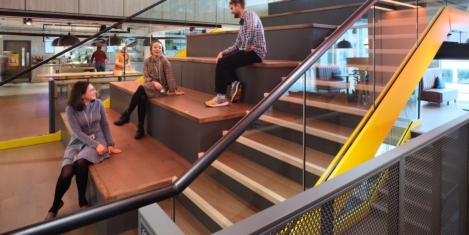
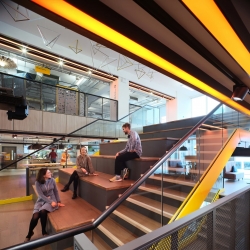 Six workplaces across the North of England and Northern Ireland have been recognised at the annual British Council for Offices (BCO) Regional Awards today. The Northern BCO Awards dinner returned in-person to the Kimpton Clocktower in Manchester, recognising the North’s highest quality developments and setting the standard for excellence in the office sector across the UK.
Six workplaces across the North of England and Northern Ireland have been recognised at the annual British Council for Offices (BCO) Regional Awards today. The Northern BCO Awards dinner returned in-person to the Kimpton Clocktower in Manchester, recognising the North’s highest quality developments and setting the standard for excellence in the office sector across the UK. 




 Employees with full autonomy to choose where they work are happier in their job, yet only one in five are currently able to do so. And though 60 percent of all employees prefer hybrid working, only 39 percent are able to flexibly split their time between the home and office. This is according to Jabra’s 2022 edition of the
Employees with full autonomy to choose where they work are happier in their job, yet only one in five are currently able to do so. And though 60 percent of all employees prefer hybrid working, only 39 percent are able to flexibly split their time between the home and office. This is according to Jabra’s 2022 edition of the 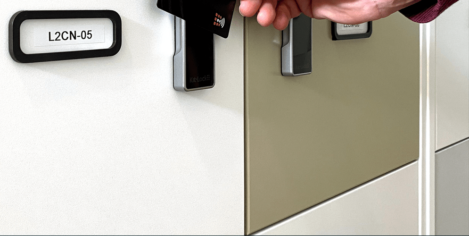
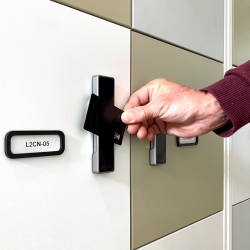
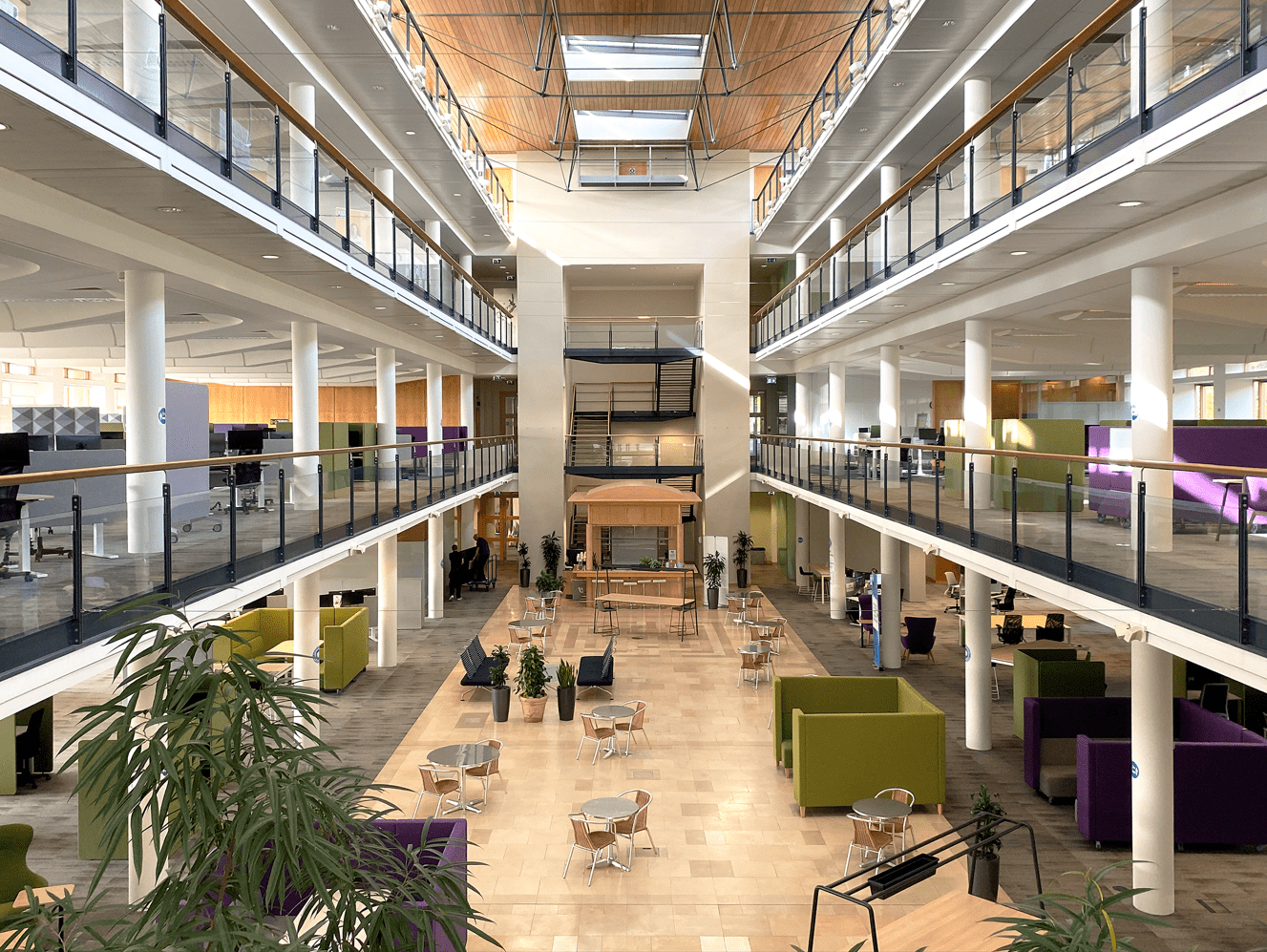
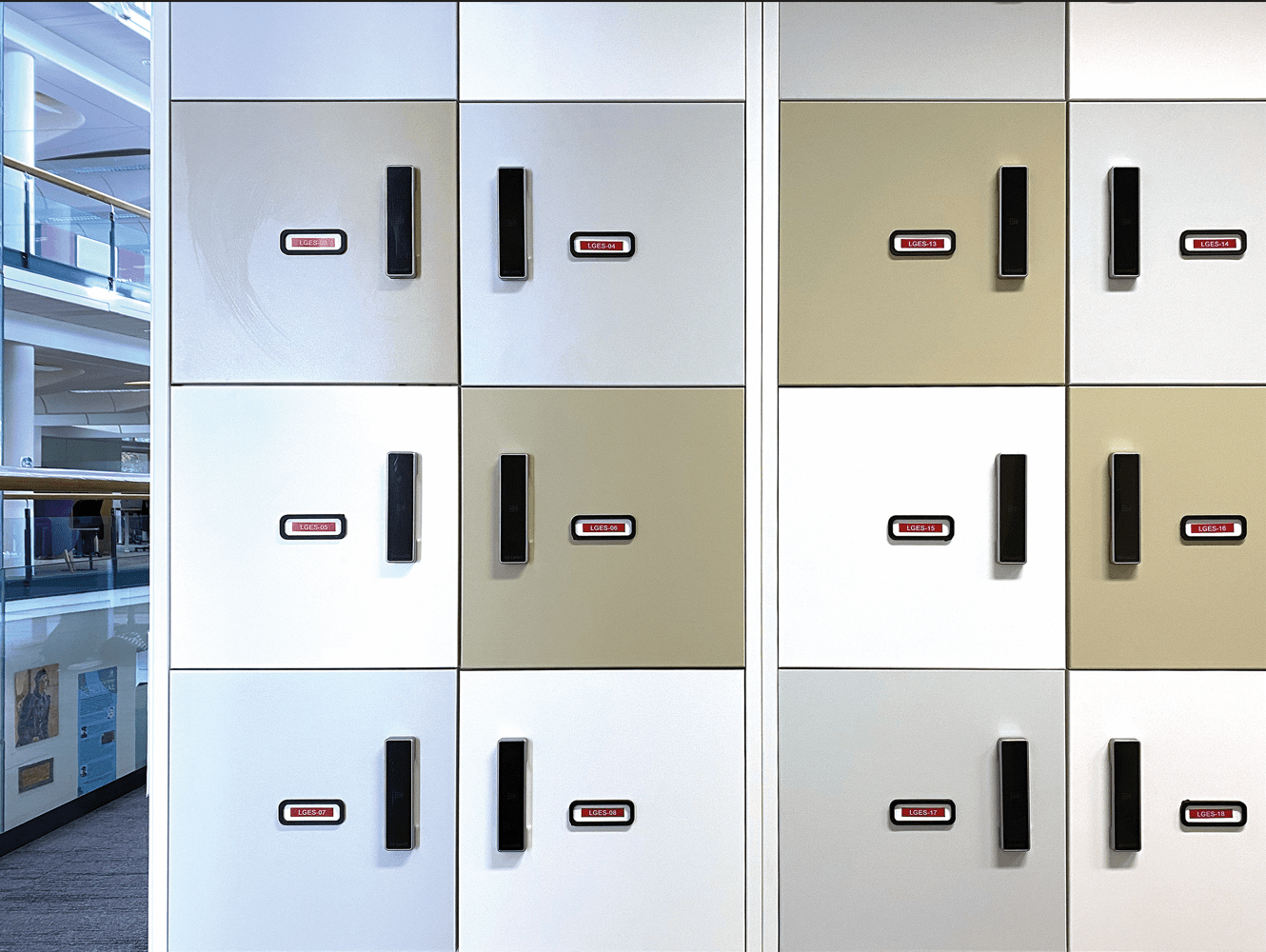





 Do organisations truly understand how their people work? A big question that needed some unpacking and was explored at a recent Workplace Evolutionaries event, led by Tim Allen and Mark Eltringham. This is raw audio from the event so includes a brief chat about dogs and some other stuff.
Do organisations truly understand how their people work? A big question that needed some unpacking and was explored at a recent Workplace Evolutionaries event, led by Tim Allen and Mark Eltringham. This is raw audio from the event so includes a brief chat about dogs and some other stuff. 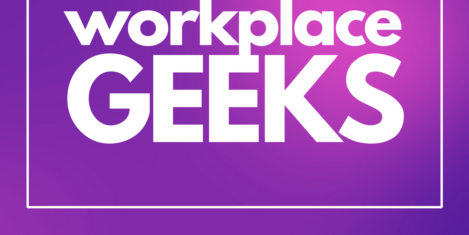
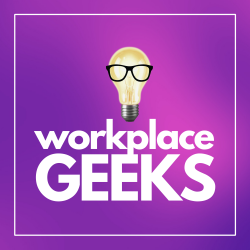










May 9, 2022
Human resources professionals should focus on boardroom partnerships
by Jeanette Wheeler • Comment, Workplace